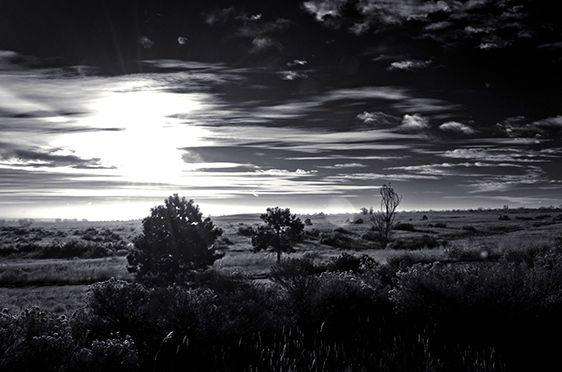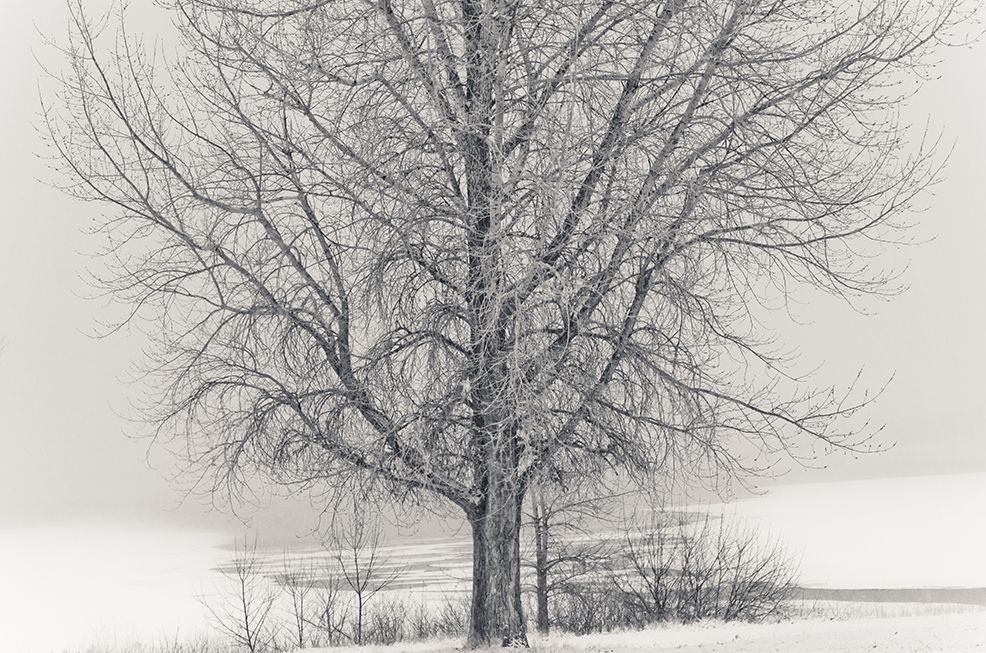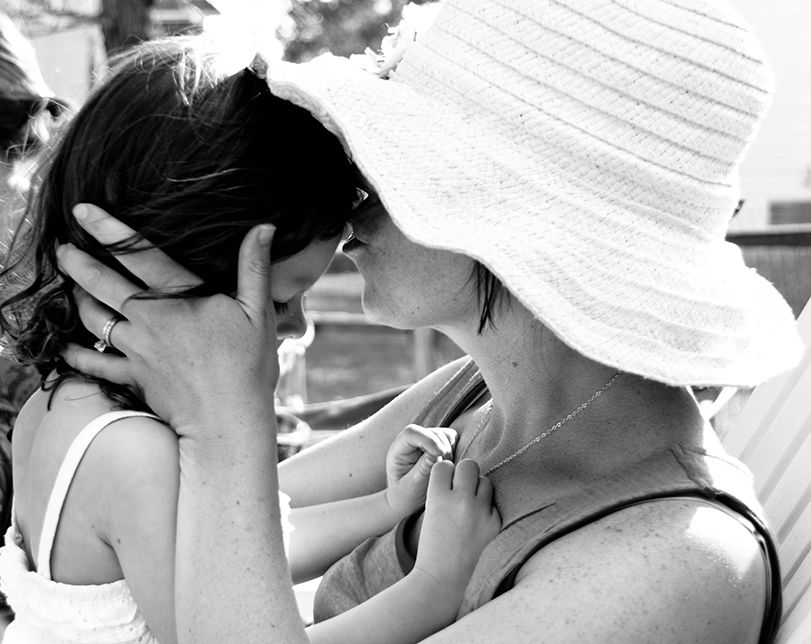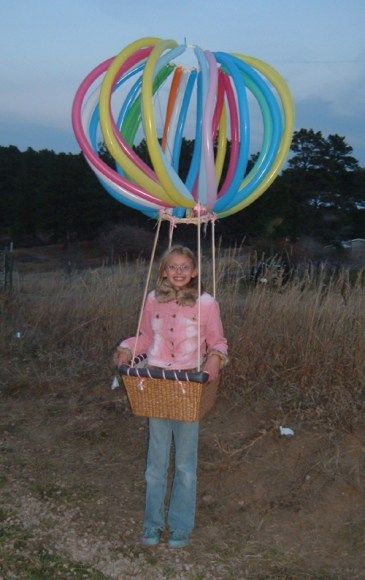 |
| All photographs by Jay Groce. Click to enlarge. |
DESIDERATA
Guest Post on Writing by Jay Groce
I was watching Wild Kingdom this morning while eating my
Grape Nuts. The cameras were following a mother cheetah and her four cubs
through the grasslands, and I tuned in just as they lost a freshly killed
gazelle to a wake of aggressive vultures.
The narrator stressed the importance of finding another meal soon,
because having lost one cub to a pair of lions, the mother cheetah needed to
ensure the rest of her offspring survived.
I was rooting for the cheetahs. They’d experienced some tragedy and were
just trying to get by. Plus, the cubs were really adorable.
After the commercial break, the cheetahs spotted a nursing
gazelle, and all too easily separated it from its mother, who ran in an attempt
to draw the cheetahs away from her baby.
She looked on as her child died, and having lived through that myself, I
was suddenly very anti-cheetah. I hadn't really planned on reliving those moments so early in
the day, so I turned off the television and headed to work.
I couldn’t help thinking, while sitting in traffic, that the
world is full of cheetahs. There are so many things that could be lurking in
the grass, stalking us, at any given moment. Imagine standing in the middle of a field nursing your child when suddenly
something sneaks up and eats her.
I
suppose this doesn't happen to humans – at least, not that often. I used to think it was because humans were
well equipped to evade these types of tragedies. Gazelles, on the other hand, have very little
ability to protect their offspring – they can’t carry them, or defend them.
They best they can do is run away, and hope they get eaten instead of their
offspring.
But we humans are a highly developed animal, and we excel at
protecting our offspring. We can fight, we can carry our children to safety, we
can squirt hand sanitizer all over their bodies and put helmets on their heads.
All of these things (some of these things) help us protect our children from
being eaten by cheetahs – the real kind – but sometimes, all the humanness in
the world still can’t save our kids.
In March of 2009 my 11-year-old daughter, Emmy, died from
pneumonia complicated by MRSA. She was
healthy on Tuesday, and died Friday morning. The speed with which this
happened, the horror of watching my kid die, and the guilt I felt as a parent,
are indescribable – literally. There are words that I could use to tell you in
detail what I saw – but in almost four years of searching for the right words,
I’ve never been able to eloquently relate how it felt, or how I feel today.
As I writer, this has frustrated me beyond measure. Since the seventh grade, when bad stuff
happened, I wrote about it. I wrote about good stuff too and by college, I was
writing about every experience I had. It
defined who I was as a person, at least in my head. When I was having trouble, I could write
myself out of it. If I was bored with my job, I would sit in my car at lunch
and write. If I was feeling some marital strife, I could sit at the computer
late at night and work through my thoughts with my writing.
I suppose, now that I look at it, writing never really solved anything. But it always made me feel better to get
my feelings out and occasionally, I’d get something useful in the process.
There were times I would get serious about my writing and publish something
here or there, but for the most part it had always been my thing to do when I
needed to think things through, or to feel like myself.
When my kid died, I fell into a deep, seemingly bottomless
well – and no matter how I tried, I couldn’t write my way out of it. I wrote volumes in the weeks following my
daughter’s death. But what I felt was
not resolution or creative release, but frustration, and exacerbated
sadness.
In my grieving process, I
skipped over denial pretty quickly and went straight into anger. I was angry at
the world, I was angry at myself, I was just angry. My language reflected this,
and when I would read back what I wrote, I had no idea who this asshole living
in my head was.
I needed desperately to
exorcise the images that now dominated my daily life. I needed to write until
my fingers ached and leave it all on the paper so that I could get on with
living. But, it just wouldn’t come out of me – it held on tight to my psyche
and wouldn’t let itself be managed.
So, I did what anyone would do (I assume) –
I just gave up.
It Defined Who I Was
I think gazelles, and animals in general, must be wired a
little differently than humans – at least humans of today. Animals have one to
five kids every year and expect that many of them will die. I don't know how
many offspring the average female gazelle produces in her lifetime, but I have
to guess it's more than two, and less than a thousand. I read recently that even 100 years ago,
humans did not emotionally invest in their offspring until they were well into
childhood, so that it would be less traumatic when, inevitably, little Timmy
died of the plague, or pneumonia, or some other horrid illness that we no
longer have to worry about. So, mentally, I realize the problem is not that my
kid died, but that I invested emotionally in her long before it was advisable
to do so.
That doesn't make me feel any
better.
 If you are as connected to your writing as I was, then you
can imagine how difficult it was to just stop writing. I was in the midst of
the most tragic moment of my life. I was trying to hold up my wife and be a
good dad to my oldest daughter. I was working to keep
food on the table and to keep what little sanity remained in our lives. I was
aggressively unhappy, but could not go to my happy place, because it had been
burned to the ground.
If you are as connected to your writing as I was, then you
can imagine how difficult it was to just stop writing. I was in the midst of
the most tragic moment of my life. I was trying to hold up my wife and be a
good dad to my oldest daughter. I was working to keep
food on the table and to keep what little sanity remained in our lives. I was
aggressively unhappy, but could not go to my happy place, because it had been
burned to the ground.
I reached the
point where it felt better not to write.
My life since my daughter died has been an emotional wave pool –
sometimes I'd get to the top of a wave for an hour, or a day, but then I'd sink
back down and might not see another wave for a month. Writing was like an anchor pulling me under
the water, so that even on my best days, it made me feel like I was
drowning. So, after months of filling
blank pages with emotionally dark and repetitive crap, I hung up my keyboard
and called it quits.
I Never Stopped Calling Myself a Writer
I never stopped calling myself a writer. But, in the summer
of 2010, I started calling myself a photographer as well. My daughter was playing high school
volleyball, and I wanted to take pictures at her games. I'd always wanted a
decent camera, but had never had a great reason to invest in one. Suddenly,
memories of my kid as a kid seemed important, so I bought a camera. Every day
since then, I have studied photography.
At first, it was a way to keep my mind
from wandering to the dark place. Motivated by a desire to take better
pictures, and a genuine interest in the world of photography, it grew into a
hobby. Before I knew it, people began
asking me to take pictures of them, and then giving me money to take pictures.
What I found, after a while, was that occasionally I’d take
a picture, and I’d feel like writing about it. One of the first times I did
this, I mentioned that writing and photography were not so different, as
creative outlets go.
 When you have the
tools, the knowledge and the desire to create something – whether that
something is playful or meaningful or sad – the end result of the process is
that something comes out of your brain and gets put on paper (or a computer
screen) for the world to see. What is
different is that when you are looking through the lens, especially if it’s new
and you are concentrating on not screwing up, it is difficult to think about
your kid dying. That is what I love most
about being a photographer.
When you have the
tools, the knowledge and the desire to create something – whether that
something is playful or meaningful or sad – the end result of the process is
that something comes out of your brain and gets put on paper (or a computer
screen) for the world to see. What is
different is that when you are looking through the lens, especially if it’s new
and you are concentrating on not screwing up, it is difficult to think about
your kid dying. That is what I love most
about being a photographer.
A year or so ago, I said that photography saved my life. I
still believe that to be true. It was a much needed release for my pent up
creativity, and took my mind out of the present for a little while.
Additionally, photography opened some mental doors for me, and offered me a new
approach to writing that focused less on my feelings. Writing about why and how
I made a photograph is much less taxing emotionally than writing about having
to take happy pills just to be able to face the world. It is probably less
interesting, and that is something I'm working on, but it keeps the juices
flowing, and the fingers nimble.
In the intervening years, I’ve gone back to my writing place
a time or two, and I’ve even sat down and wrenched out a few things. It is no
longer a happy place, but It is a place, and for now I have to be okay with
that. I’ve started a novel, which I’ve
come to view as a thing – like a picture – that I can write through. In it I
can relate some of my feelings, but I don’t have to cut myself and bleed on the
paper if I’m not feeling especially up to it. Having the need to write, but not
the ability, has forced me to find a different way to approach writing. I’m not
sure if the new way is better, but I do know that I still have much to say to the
world – more now than ever probably – and I’m hoping this new way allows me to
say it.
 |
| Not a cheetah. |
In the interim, I'll keep dancing around it. I'll touch
briefly on my shiny new views on death and tragedy while describing a
photograph of a young deer, the beginnings of a rose bud, or a tree in
winter. I will write a novel, which may
deal with the fallout, and the rebuilding that happens after a tragedy. The
point is, I will continue to write, despite it being difficult, and despite my
constant self-sabotage. It's the
cheapest therapy I know, and for me, the most effective. The way to conquer
grief is through love, and for that you need other people. But, for wisdom, and
imagination, you must turn inward. That's what writing is for me – not the path
out of grief, but a life-long journey to understand myself.
***
All photographs are by Jay Groce and posted with his permission.
***
Hey WIPpers -
I've been a fan of Jay's writing since 2004, when we first met via personal blogs.
He has an eye for balance and, being a writer as well as photographer, understands the synergy words and images can create. If you would like to collaborate on book cover projects (or writing projects!), here is his contact information:
http://photos.jaygroce.com/
All photographs are by Jay Groce and posted with his permission.
***
Hey WIPpers -
I've been a fan of Jay's writing since 2004, when we first met via personal blogs.
He has an eye for balance and, being a writer as well as photographer, understands the synergy words and images can create. If you would like to collaborate on book cover projects (or writing projects!), here is his contact information:
http://photos.jaygroce.com/
Photoessays: http://www.writejaywrite.com/
Direct email: jgroce(at)gmail(dot)com
He also has a permanent link on the right side of this blog.
Happy writing,
J
Coming up:
Direct email: jgroce(at)gmail(dot)com
He also has a permanent link on the right side of this blog.
Happy writing,
J
Coming up:
Characters
Dialogue
Dialogue Tags
Passive
Verbing
Robert Bevan
Nat Russo


No comments:
Post a Comment